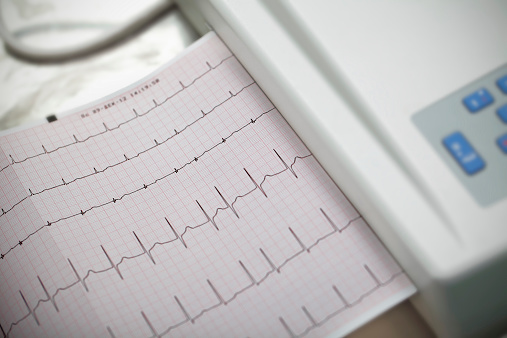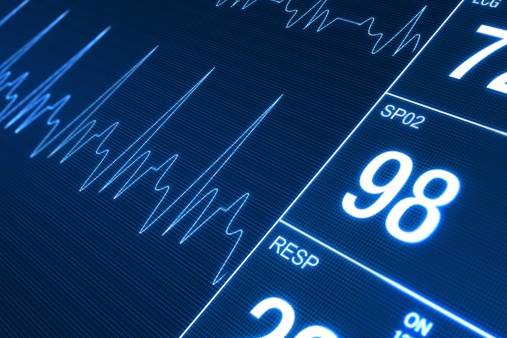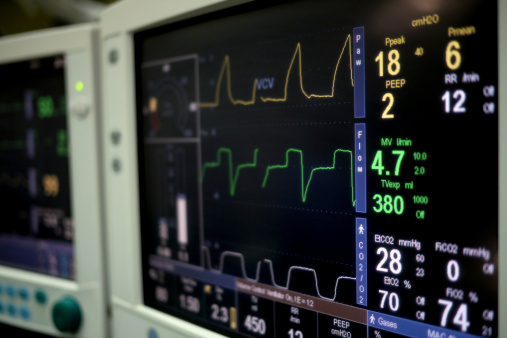Smartphone device may help detect irregular heartbeat
A small device synced to a smartphone may help identify irregular heartbeats, which can be potentially fatal. Irregular heartbeat, or atrial fibrillation, is a known risk factor for stroke, but often goes undiagnosed. Hopefully, this new device can be used widely to detect more cases of atrial fibrillation and thus reduce the rates of stroke. The study involved ...click here to read more







